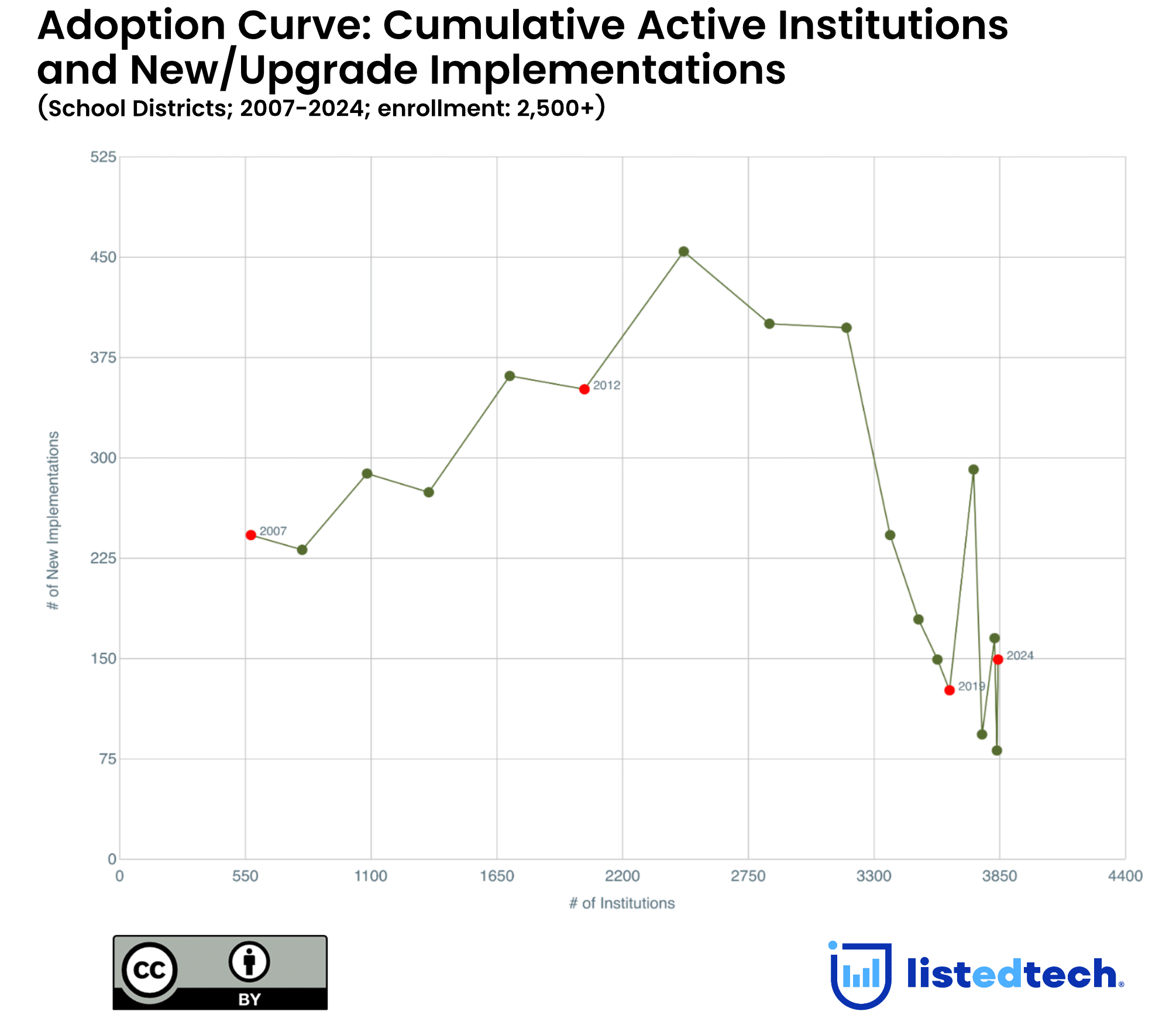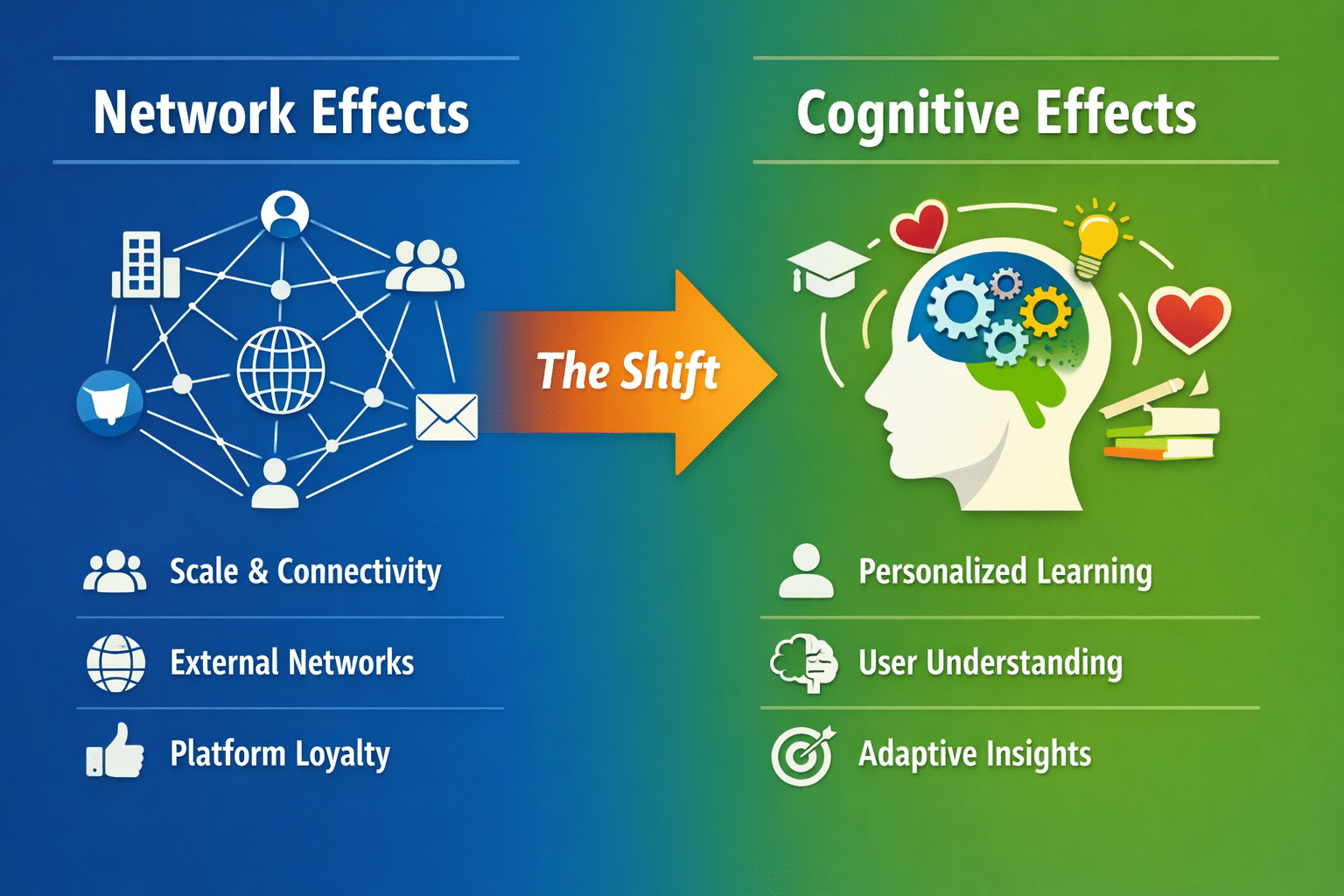In this month’s company profile, we feature another company whose goal is to help students graduate faster by offering colleges and universities a way to meet students’ needs and enhance curricular capacity. Based in Austin (Texas), Acadeum focuses its energies on helping institutions collaborate to ensure course availability never hinders student progression.
How Acadeum Positions Itself in the Course Sharing Industry?
Other companies in the course sharing space tend to approach the problem through direct outreach to students or by simplifying intra-system transfer portals. Acadeum, on the other hand, lets the institutions decide with whom they want to collaborate to maintain academic quality standards while offering more options to support student progress and educational innovation.
Acadeum supports institutions through specific strategies to address common roadblocks to student progress and retention, such as:
- Adding or expanding summer and winter terms to help institutions recapture leaked enrollments.
- Helping students recover from academic probation or suspension by replacing low grades.
- Simplifying the cumbersome course transfer process with pre-approved courses from like-minded institutions.
- Offering alternatives for students struggling at mid-term to avoid withdrawing from/failing a course and, instead, replacing that course with a condensed-term class offered via course sharing.
- Providing course options that give soon-to-graduate students options to finish on time.
In addition to supporting student progress, institutions in the Acadeum’s network have partnered to launch new programs that allow them to attract new students. For example, John Brown University recently relied on course sharing powered by Acadeum to launch three new majors, Cybersecurity, Criminal Justice, and Humanitarian and Disaster Relief.
Similarities between Acadeum and Quottly
Acadeum and Quottly share a common objective but propose a slightly different approach from the student perspective. The two companies display two similar advantages from an institution’s point of view: their solution optimizes scheduling. It reduces under-enrolled and over-enrolled sections and decreases reliance on overload resources. Ultimately, it reduces costs, increases student return on investment, and frees up faculty time to teach advanced courses, conduct faculty-student research projects, and advise.
The two companies also underline the degree completion pathway. Acadeum and Quottly give students easy access to courses outside their institution to complete their programs on time or, even better, in a shorter time frame. These courses are often under-enrolled in other institutions.
Case Study: Eureka College Created a New Computer Science Program
Being a liberal arts college in a small town, Eureka College struggled with offering a Computer Science program: high salaries for faculty, budget cuts and limited resources were the reality. By combining their efforts with another institution, Saint Leo University, Eureka remodelled its program and ceased the exodus of students to other colleges.
After years of trying fill their classrooms, Eureka found in Saint Leo University an ideal partner to relaunch its Computer Science program, more focused on the new STEM reality. “Students can take the majority of credits at Eureka College and still have the option of getting a technical degree—it’s the best of both worlds.” – Dr. Prabhu Venkataraman, Mathematics Professor, Eureka College. Both are happy with the partnership, which launched in the Spring ’21 term and already has enrolled students.
With the transformation in program offerings, accelerated by the pandemic, HigherEd institutions need to find alternative solutions that are more budget-efficient while making sure their students finish on time. With Acadeum working to support colleges and universities of all types and sizes, we see a bright future for the younger generation.


